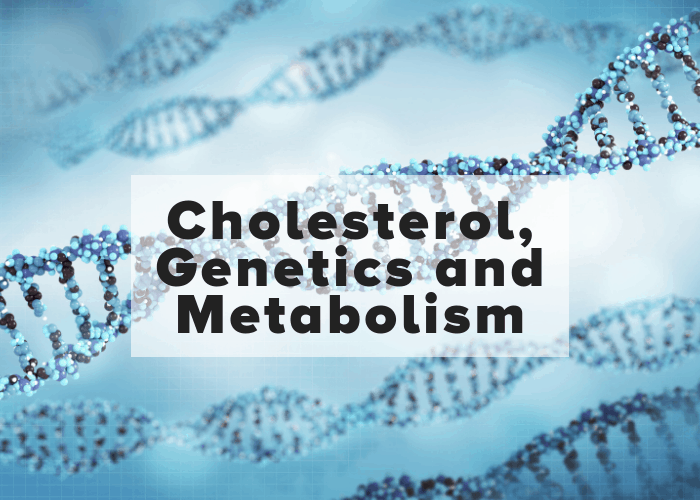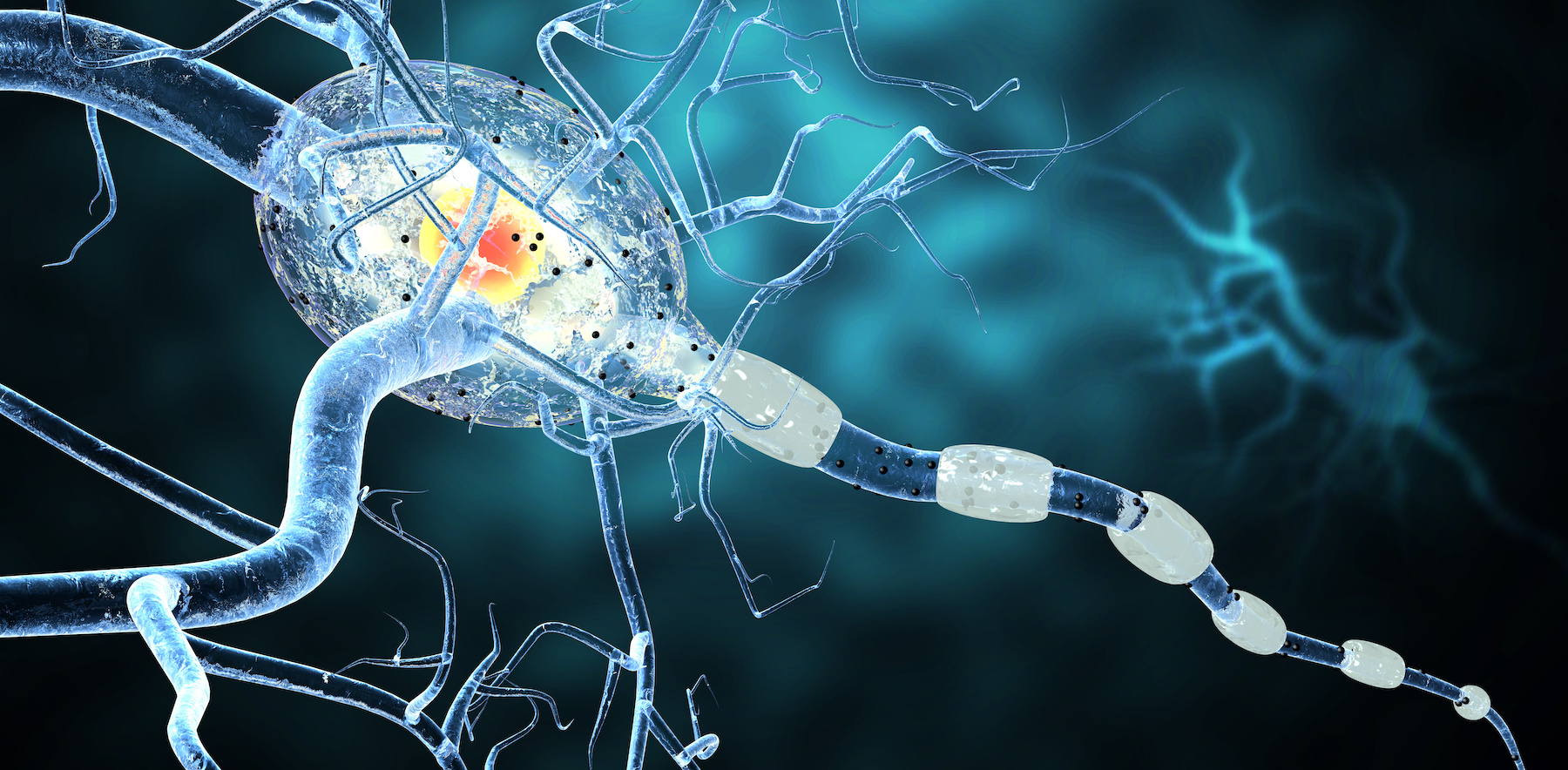

Hi, I’m Doctor Emily Parke. In my functional health minute today, I’d like to further expand on the previous video on cholesterol. So there are some genetics behind cholesterol and metabolism. There is a very well-known gene called the APOE gene. This is the ApoE gene that I’m speaking of, and APOE is short for apolipoprotein and most of us are an ApoE 3/3, meaning we have two copies of the ApoE 3 gene, meaning we are the wild type or the most common type and have the average risk for cardiovascular disease. So people that have one copy of ApoE 2 may have lower cholesterol levels, but higher triglyceride levels. We know for sure that people that have two copies of ApoE 2, so if you’re a 2/2, then they usually do have low cholesterol levels but higher triglyceride levels. And they are at increased cardiovascular disease risk.
The ApoE Gene
You can also have one or two copies of ApoE 4, so we do know that if you have one or two copies of ApoE 4, that you are at increased risk for cardiovascular disease as well as increased risk for Alzheimer’s. As far as the cardiovascular disease risk goes, we do know that people that have a copy of ApoE 4, there is some data to suggest that lowering saturated fat in the diet might actually help lower cholesterol. But the only gene type that has been proven, that lowering saturated fat has been proven to help. So there is a gene that you can get tested for, ’cause there is some genetics behind cholesterol and metabolism. And knowing your gene type means that you’re going to be able to intervene a little bit more effectively with your environment. So that’s the field of epigenetics. Meaning what you do in your environment can flip on or flip off or influence, you know, the genes that you do have.
So for example, just because you have one copy of ApoE 4 doesn’t mean that you are going to get Alzheimer’s and that you’re going have cardiovascular disease risk. It just means you are genetically predisposed and have to kind of work a little bit harder to prevent that. So to me that, in functional medicine, that means okay, if you have a copy of ApoE 4 we are going work very very hard to make sure we get your cholesterol levels under control, control your blood sugar, make sure that your nutrients are very well tightly controlled, make sure your hormones are in a good balance, making sure that you don’t have toxins or chronic infections. We’re going do absolutely everything we can. We will probably monitor you even a little bit more closely than someone who doesn’t have an ApoE 4 gene, for example.
So that’s the genetic part. And there are other, you know, genetic cardiovascular disease genes. We don’t know all of them as of yet, and we do know that there’s genetics behind certain things. But we don’t have a gene sequenced out for absolutely everything yet, but some things definitely tend to run in families. Some patients have HDL that is higher than normal, and you know that runs in their family, and others have, you know, just high cholesterol that runs in their family, but they don’t have, you know, they’re still an ApoE 3/3. And so it can vary quite a bit.
Advanced Markers for Cholesterol
So now I’d like to talk a little bit about some of the advanced markers. So earlier, in the previous video, I actually showed you this. So I’d like to expand on this a little bit more. And these are tests that we can fortunately now get done at Sonora Quest here locally or via Quest Diagnostics because Cleveland Heart Labs and them actually merged. Quest bought them. So we can get a lot of their advanced tests right through Quest Diagnostics, which is great.
So these over here, these two markers over here, F2-isoprostane and oxidative LDL, they are considered risk for disease. So if F2-isoprostane is elevated what that means is there’s been some oxidation in the endothelium. So meaning there’s been some damage. Oxidation, think of it kind of like, almost like a rust. And endothelium means the inside lining of the blood vessels. So there’s been some, you know, damage to the inside lining of the blood vessel. And oxidative LDL means that, you know, LDL cholesterol is the low dense lipoprotein cholesterol. And oxidized, the oxidized form of it means that it has been damaged. So what does that mean? What’s the significance there? It means that that type of cholesterol is way more likely to lay down plaques and create a problem down the line.
Next are these markers here that indicate the presence of disease. So ADMA, it actually indicates that the lining of the blood vessels, the endothelium, are starting to become unhealthy. And if ADMA’s elevated it is a risk factor for cardiovascular disease. Other parts of the body that have issues with blood vessels can have an elevation in ADMA, as well. Like for example kidney disease is another one that you look at when ADMA’s elevated.
And then of course the microalbumin. Microalbumin is another marker that tells us the health of the endothelium, the inside lining of the blood vessels. And so if you are spilling some small amount of albumin into your urine that is an indicator that your endothelium, the lining of the blood vessels, are not doing well.
And then of course there’s the CRP, c-reactive protein. And we do the high sensitivity c-reactive protein. And c-reactive protein is an overall marker for inflammation. It is non-specific so it doesn’t necessarily mean that you are laying down plaques although it certainly can. CRP responds to all kinds of other acute inflammations, you know, for example, even if you had a little bit of a cold or a virus or you had an acute injury, CRP is also going to respond to that. But it can actually elevate from, you know, lipid disruption and of course from high blood sugars, other forms of inflammation as well.
Disease Activity
And then over here we’ve got disease activity. So this is where we definitely have plaque buildup and maybe even some plaque disruption. So Lp(a) for sure means that there has been some cholesterol buildup. So when that’s elevated, that’s usually the answer. There are a couple of other minor reasons why Lp-PLA2 might be elevated, but for the most part it does indicate there’s been some cholesterol buildup somewhere. And then MPO or myeloperoxidase, myeloperoxidase indicates that the inside lining of the blood vessel wall, the endothelium, has actually been damaged and has been cracked. So that means it’s that inside lining of the blood vessel wall is at very high risk for cholesterol, you know, depositing and even cholesterol plaques rupturing.
So I hope that helps expand further on this information here. There are a couple of other advanced markers that can be useful. Looking at ApoB and ApoA1 can also be helpful. ApoB, if ApoB is elevated, it can actually be an independent risk factor for cardiovascular disease as well. ApoB is found on the surface of LDL cholesterol, of IDL meaning intermediate dense lipoprotein, VLDL, so very low dense lipoprotein, and it’s also found on lipoprotein (a) as well. And we know if that’s elevated that can be an independent risk factor for cardiovascular disease.
ApoA1, if ApoA1 is low, it usually means that you have lower levels of HDL, your good cholesterol, and that you are, not only that, but that you are not usually clearing out cholesterol as effectively or as fast as normal. So that can of course be an increased risk for cardiovascular disease as well.
And then lipoprotein a, lipoprotein little a as we call it, it is also an independent risk factor for cardiovascular disease. That one, there’s definitely some genetics behind it, and there are some treatments that can help lower it although I personally have seen them work intermittently. There are some supplements that might help, like niacin for example can help some people. I have not seen it help everyone. Even statin medications, I have patients that come to me that are already on statin medications for long-standing cardiovascular disease and, you know, their Lp(a)s are elevated so not even statins lower Lp(a) all of the time. So Lp(a) is a apolipoprotein a, so an apolipoprotein that’s attached to an LDL cholesterol molecule. And like I said that one has some pretty strong genetics behind it and I have seen many patients come through with elevated Lp(a) and we do clean up their diet and we do clean up their lifestyle and, you know, sometimes we’ll play around with different supplements and test their labs to see if it helps or not. But I haven’t seen any one thing consistently, you know, lower Lp(a) to date.
So these are some advanced cholesterol markers that you can look at to really further stratify your risk of cardiovascular disease. I’m Dr. Emily Parke with your functional health minute for today.
Share:
Social Media
Most Popular Posts
Subscribe To Our Newsletter
Related Posts

Estrogen Metabolism: How It Works, Why It Matters, and Supplements for Healthy Estrogen Metabolism
Estrogen metabolism is vital to estrogen regulation. Learn how it works and how the DUTCH test can provide insight into hormonal imbalance.

The Paleo Diet Versus the Autoimmune Paleo Diet: Differences and Benefits
Learn the difference between the paleo and the autoimmune paleo diet, including food lists, what foods to avoid, and all the health benefits!

A Complete View of Multiple Sclerosis: Symptoms, Diagnosis, and Functional Medicine Treatment Options
Get a complete view of multiple sclerosis, including common symptoms and treatment options, including nutrition and supplementation.

Headaches and How to Find Relief: The Functional Medicine Way
Learn about functional medicine headache treatment, various headache types, and how to achieve lasting relief with complementary approaches.
